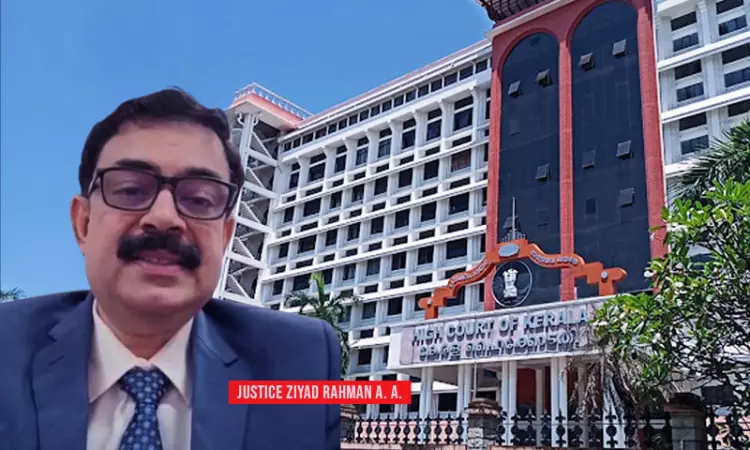SC/ST Act | Bail Order Passed Without Notice To Victim A Nullity, Liable To Be Recalled: Kerala HC
Athira Prasad
29 Jan 2023 9:15 AM IST

Next Story
29 Jan 2023 9:15 AM IST
The Kerala High Court recently recalled an order which granted bail after taking note of the fact that the order was passed without notice to the victim.The Court allowed an application filed by the victim seeking recall of the bail order passed without hearing him.The Court observed that a notice to the victim is mandatory as contemplated under Section 15A(3) of the Scheduled Castes...
